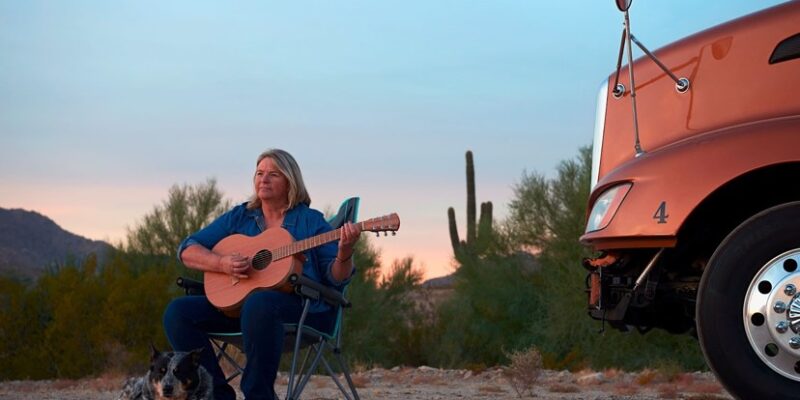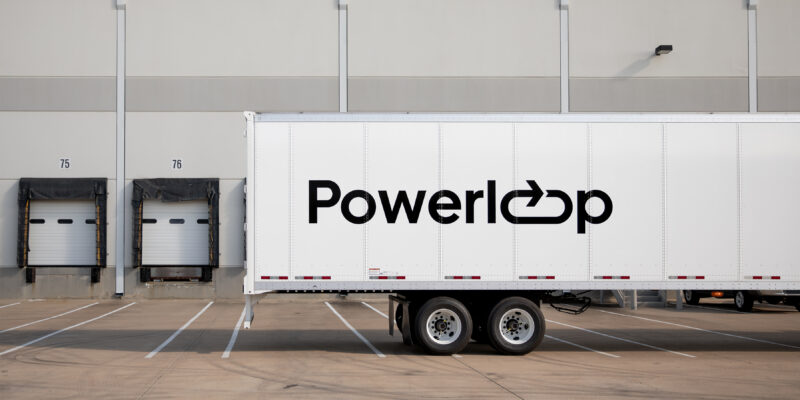Women in Trucking is changing the game for female truck drivers

Ellen Voie is the founder and president of Women in Trucking (WIT), a nonprofit organization that aims to empower women in the freight industry. Over the past 12 years, Ellen and the organization have cultivated a passionate community of drivers, carriers, shipping companies, 3PLs, and driving schools through events, networking, mentorship, and advocacy.
When thinking about what led her to start WIT, Ellen wrote that as a young girl, her mother told her that Ellen “could do anything she wanted, and there were no ‘girl’ careers.” This motivated her to participate in woodworking, welding, and auto mechanics in school. She started working at a steel fabrication plant in 1978, where she designed material handling equipment in the drafting department. A year later, her managers gave her an opportunity to attend traffic and transportation school, and she became Traffic Manager of the plant upon completion.
One of Ellen’s responsibilities in this role was managing the plant’s three truck drivers, which introduced her to the freight industry. She then married a professional driver, started a trucking company with him, and did freelance transportation consulting for a number of years. She later became the executive director of Trucker Buddy International before joining Schneider National. She led their retention efforts, which included “non-traditional” driver groups like women.
During this time, Ellen was also working toward her pilot’s license and was a member of Women in Aviation. “It struck me that there was no ‘women in trucking,’ she says. “One day at an air show, they honored female pilots and I thought, ‘We can do that.’ So in 2007, Women in Trucking was born.” The organization has grown to over 4,000 members from all over the world, which Ellen says is “beyond her wildest dreams.”
Although women in the industry face a lot of challenges, Ellen’s outlook is a positive one. “I’ve never felt that men didn’t want women in the industry,” she observes. “It’s a very welcoming, supportive environment.” The trucking industry has certainly evolved since Women in Trucking’s inception, and one of the biggest changes Ellen points out is that companies are actually tracking their diversity numbers now. Women in Trucking also completes a yearly index through the National Transportation Institute which helps better quantify the percentage of women in management and driving roles.
As Women in Trucking continues to grow, Ellen is solidifying the organization as a resource for the driver population as a whole. “Eighty-three percent of women who come in as drivers know what the lifestyle is like because of family members or friends,” she says. “They have a better understanding of what the job entails than some men who just see the ads for truck driving school and really have no clue how their lifestyle will be affected.” She also wants to focus more on serving the LGBTQ+ community, and Women in Trucking will be assembling a task force later this year. “We call ourselves the voice of gender diversity,” she says, “and I want to know how we can really accommodate everyone.”
The views and opinions expressed in this post are solely those of the individual being featured. Experiences may vary.



